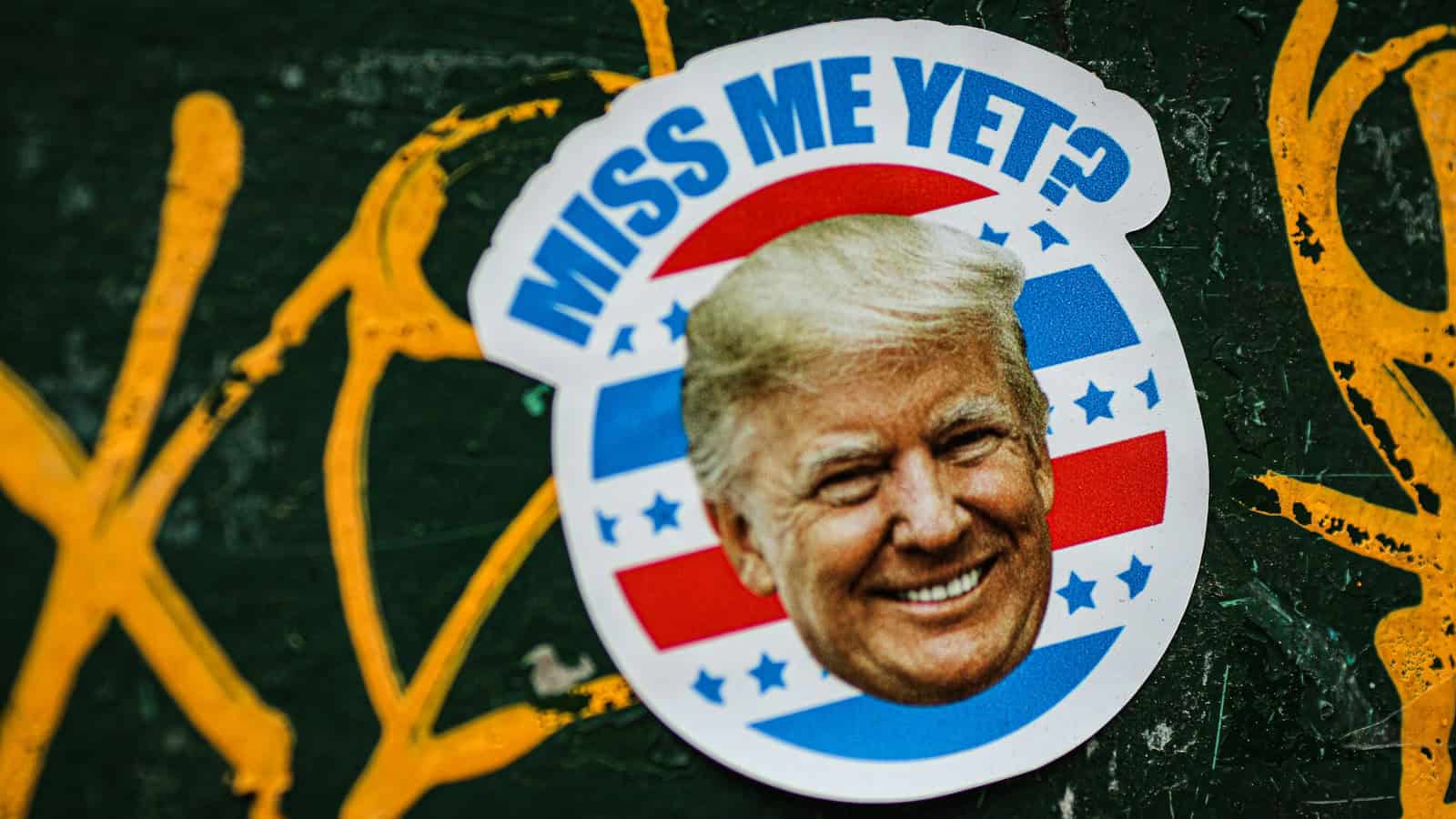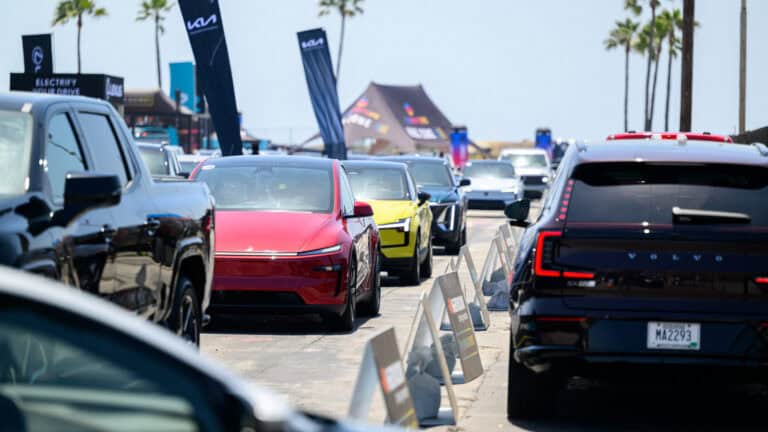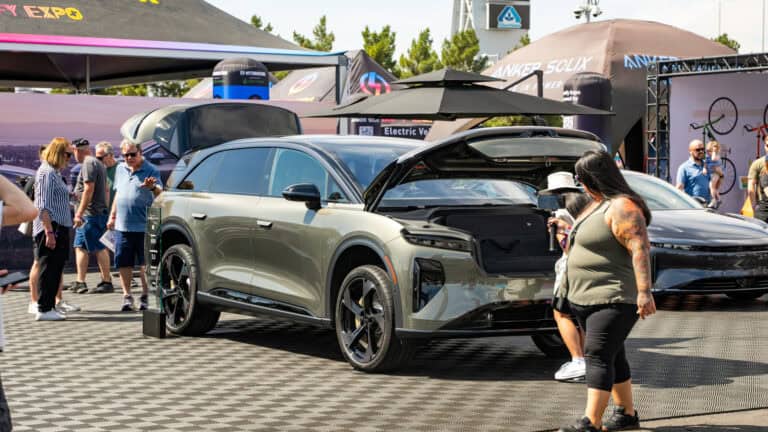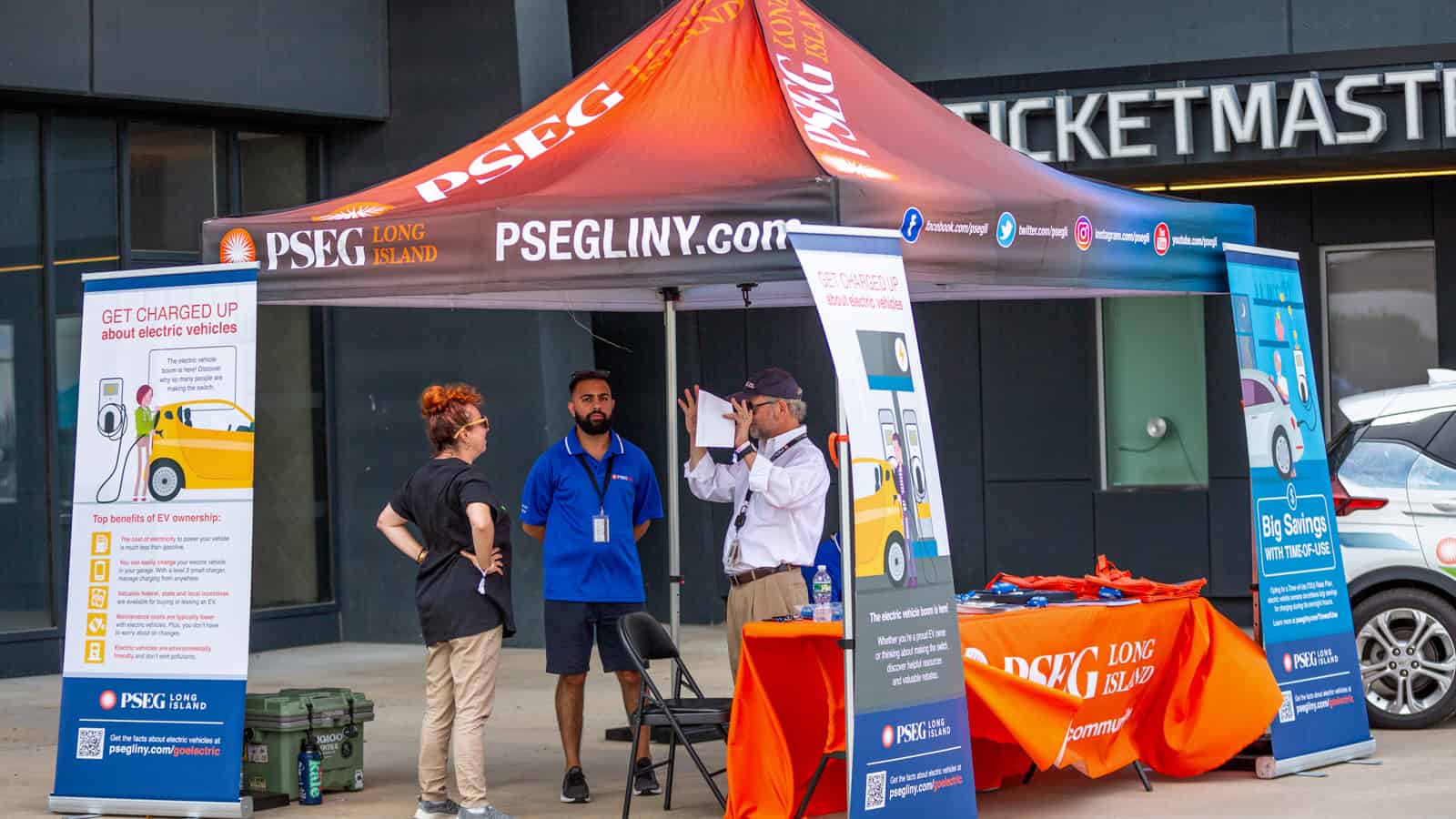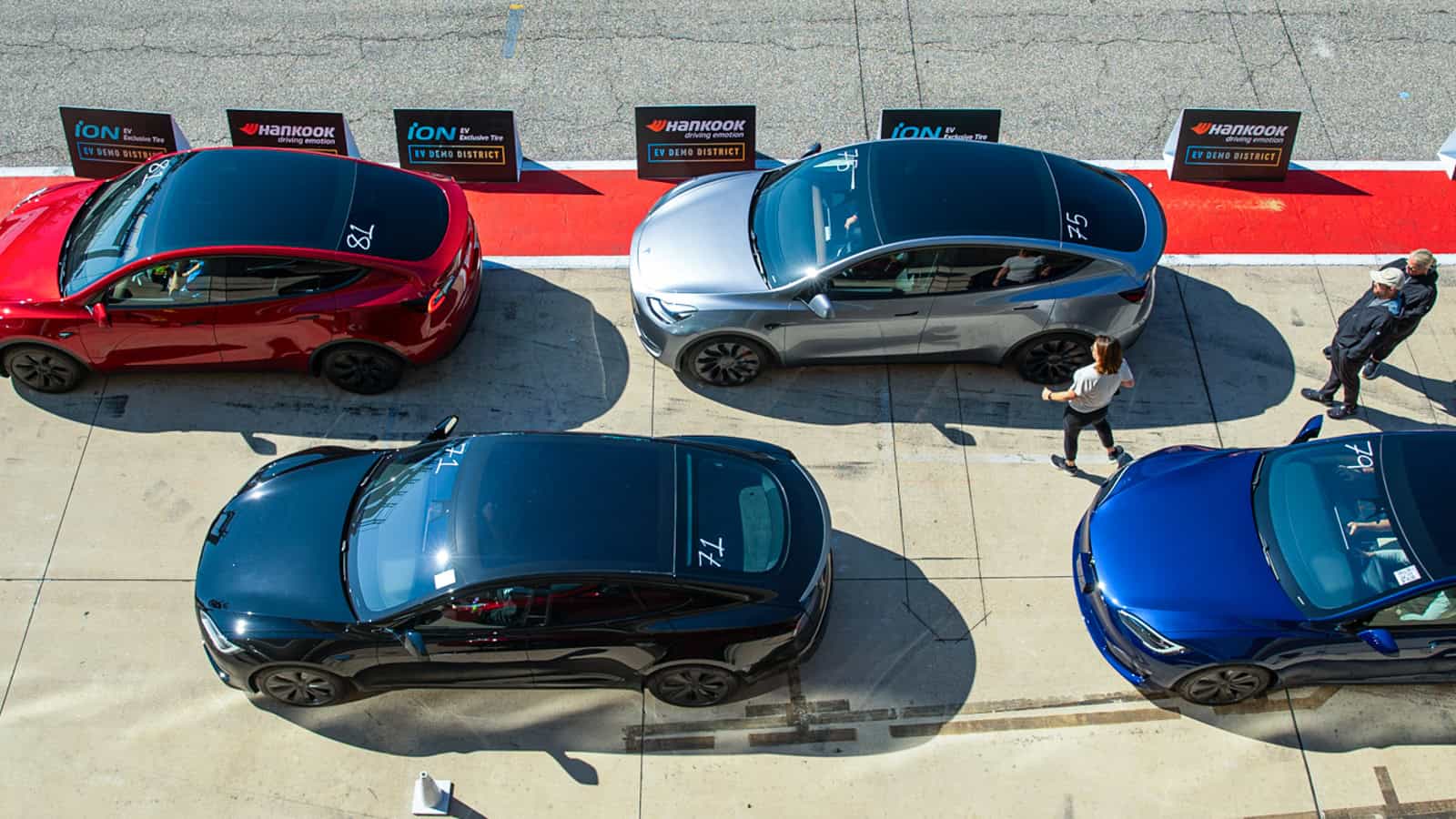- Donald Trump praised Tesla and Elon Musk at an Arizona rally, suggesting a shift in his stance on EVs and sustainability.
- His recognition of Tesla’s economic impact stresses the importance of clean energy technologies.
- Trump’s remarks reflect a nuanced view on energy policy, blending praise for Tesla with concerns over EV infrastructure and foreign manufacturing.
In a ping pong-like match of shifting political narratives, former President Donald Trump has stirred up unexpected discussions about electric vehicles (EVs) and sustainability. At a rally in Arizona, Trump, known for his outspoken views, voiced unexpected praise for Tesla and its visionary CEO, Elon Musk. “I’m a big fan of electric cars. I’m a fan of Elon,” he declared, signaling a potential shift in his stance towards sustainable energy.
ADVERTISEMENT
Trump’s support for Musk’s Tesla efforts wasn’t merely a nod. It was a clear recognition of the profound impact of EVs on American innovation and the economy. “I like Elon, I like him, and I think a lot of people are going to want to buy an electric car,” he enthused, highlighting a shift from previous views seen as against sustainability principles.
This praise from the 45th President, during speculation of a potential second term bid, is a significant moment in the ongoing EV discussion. Donald Trump acknowledged Tesla’s role in transforming transportation while stressing the broader economic potential of clean energy technologies.
In his trademark style, Trump reinforced the entrepreneurial spirit style of Elon Musk, noting, “He’s done an incredible job.” As a real estate mogul experienced in creating billion-dollar enterprises, Trump’s appreciation for Musk’s achievements resonates beyond political divides.
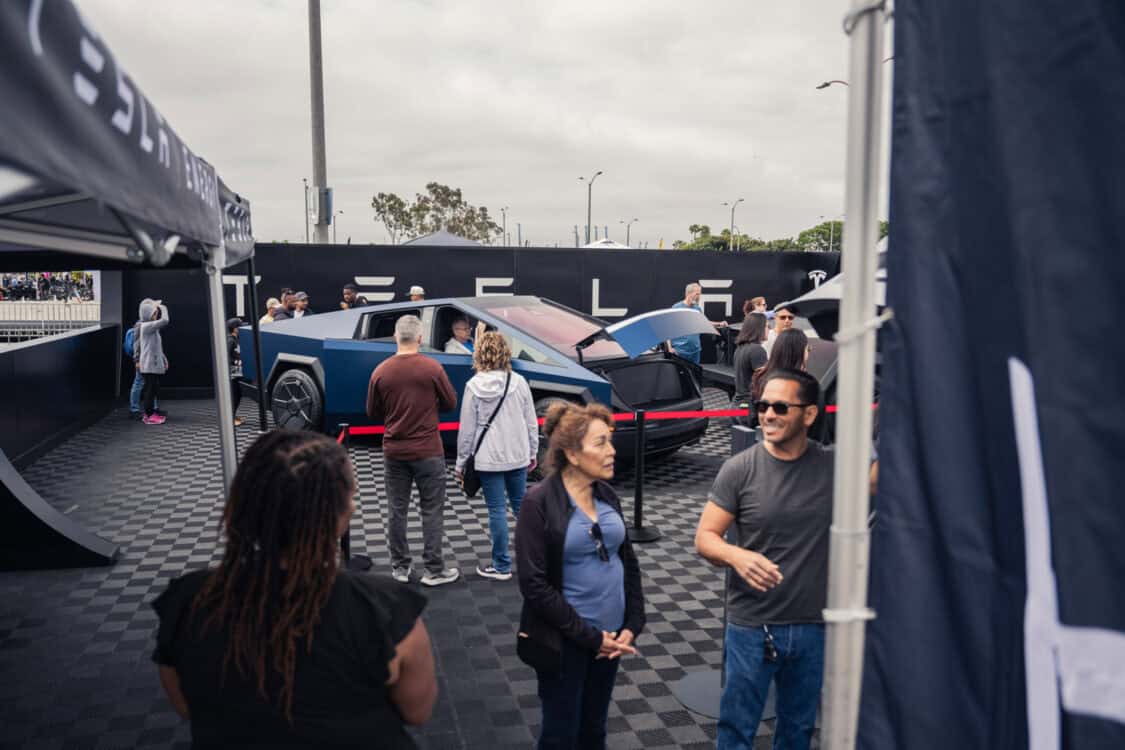
The timing of Trump’s remarks, coming shortly after rumors of Musk possibly joining his administration, add an intriguing twist to the story. While clarifying his stance on foreign-built EVs, particularly those from China and Mexico such as BYD, the biggest global competitor to America’s Tesla, Trump positioned himself as a defender of American manufacturing and economic sovereignty.
Yet, beyond the political maneuvering, Trump’s nod to Tesla signifies a broader shift in public perception towards EVs. It’s a recognition that sustainable technologies aren’t just a niche interest but a pivotal pathway towards economic growth and global competitiveness.
However, in the praise for Tesla, Trump’s comments also hint at lingering skepticism towards certain aspects of the EV revolution. Concerns over infrastructure readiness for electric trucks and the economic implications of a rapid transition deepen ongoing debates in policy circles.
ADVERTISEMENT
Meanwhile, President Biden’s recent remarks outside the Rose Garden on May 14th stirred controversy with his assertion that Americans can “buy any kind of car they want, whether it’s gas, electric or hybrid but we’re never going to allow China to unfairly control the market for these cars, period,” a statement that seems at odds with his administration’s ambitious new emissions standards. These regulations, slated to dramatically reduce the availability of new gasoline-powered vehicles by 2032, have ignited a fierce debate among industry experts and lawmakers alike.
Initially, Biden’s focus on EVs centered on regulatory incentives and ambitious targets aimed at accelerating EV adoption across the United States. Key elements included:
- Regulatory Incentives: Promoting EV infrastructure development and expanding tax incentives for EV purchases to make electric vehicles more accessible and appealing to consumers.
- Sales and Production Targets: Setting aggressive targets for EV sales and production as part of a broader strategy to combat climate change and reduce greenhouse gas emissions.
- Climate and Clean Energy Goals: Aligning EV promotion with broader climate and clean energy goals, positioning electric vehicles as a central pillar of America’s transition to sustainable transportation.
In contrast, Biden’s recent speech pivoted towards a more assertive stance involving tariffs and strategic investments to support American manufacturing and competitiveness. Key differences include:
- Tariffs on Chinese Imports: Biden announced new tariffs on Chinese products like steel, aluminum, and electric vehicles to counter unfair trade practices, particularly subsidies that disadvantage American manufacturers.
- Investments in American Manufacturing: Highlighting significant investments in clean American manufacturing, such as $1.5 billion in clean steel projects, aimed at reducing carbon emissions and supporting union jobs in critical sectors.
- Protectionist Measures: Emphasizing protectionist measures to ensure that American industries, including those involved in EV production, can compete on a level playing field globally without unfair competition from foreign subsidies.
While Biden’s original EV mandate focused on regulatory incentives and climate goals, the new emphasis on tariffs and investments stresses a proactive approach to strengthen domestic manufacturing and safeguard American jobs in critical industries.
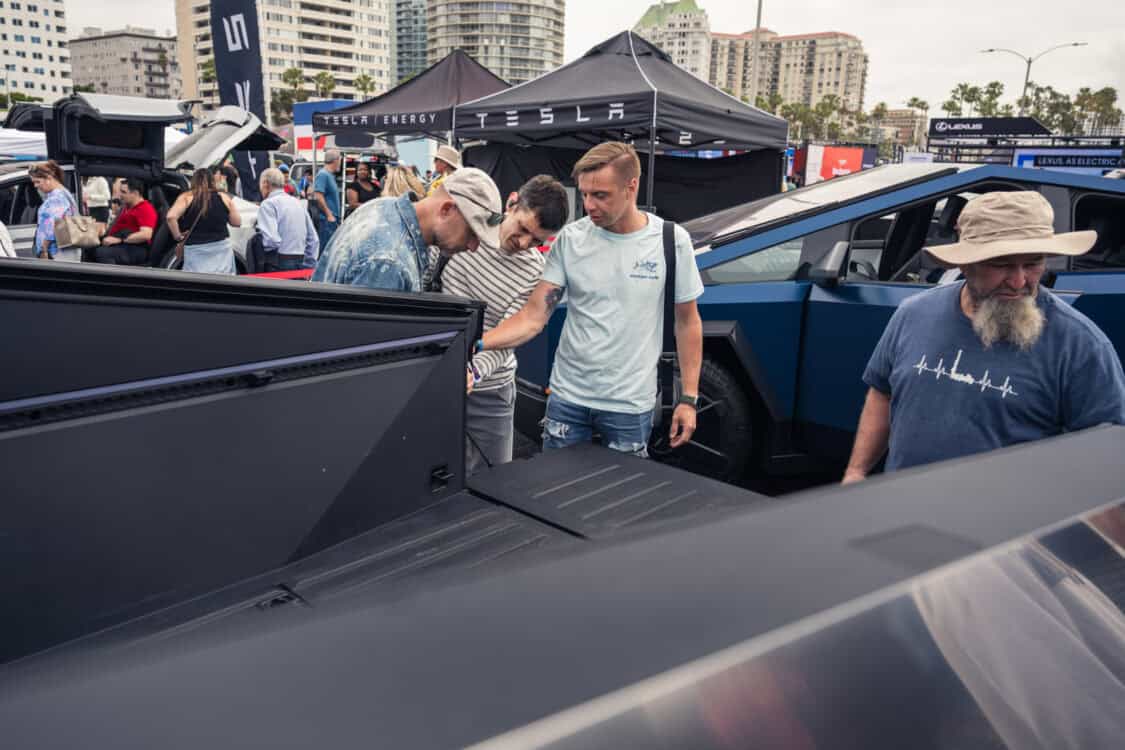
In public opinion, Trump’s support for Tesla and Musk stands in contrast to current government policies that typically support traditional automakers. His criticism of wind energy subsidies and foreign manufacturing reveals a nuanced perspective on energy policy that appeals to specific voter groups.
As the story develops, Trump recognizing Tesla’s impact on shaping the future of transportation provides insight into how American energy policy is changing. This raises questions about where EV incentives and infrastructure investments are headed, and how private-sector innovation can drive sustainable solutions.
Whether you support the policies of the 45th President or not, Donald Trump acknowledging the transformative potential of EVs during his Arizona rally highlights a common desire for a cleaner, more sustainable future.
And as we navigate these uncertain times, one thing is clear: the path to the future is driven by electric dreams, advancing with each charge.
ADVERTISEMENT

IMAGES: JON TYSON, ELECTRIFY EXPO
FTC: We use income-earning auto affiliate links. Learn more.


